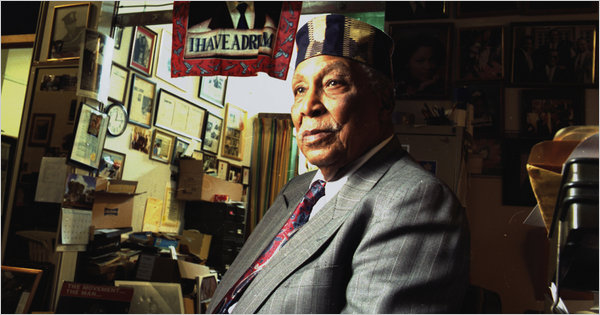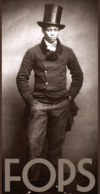
Ernest C. Withers in his Beale St. studio in Memphis. F.B.I. files indicate that Mr. Withers, who died in 2007, was an informant.
ATLANTA — That photo of the Rev. Dr. Martin Luther King, Jr. riding one of the first desegregated buses in Montgomery, Ala.? He took it. The well-known image of black sanitation workers carrying “I Am a Man” signs in Memphis? His. He was the only photojournalist to document the entire trial in the murder of Emmett Till, and he was there in Room 306 of the Lorraine Hotel, Dr. King’s room, on the night he was assassinated.
Withers was often called the Original Civil Rights Photographer, for images like this 1961 shot of the Memphis Greyhound bus station. Ernest C. Withers courtesy Smithsonian Institution
But now an unsettling asterisk must be added to the legacy of Ernest C. Withers, one of the most celebrated photographers of the civil rights era: He was a paid F.B.I. informer.
On Sunday, The Commercial Appeal in Memphis published the results of a two-year investigation that showed Mr. Withers, who died in 2007 at age 85, had collaborated closely with two F.B.I. agents in the 1960s to keep tabs on the civil rights movement. It was an astonishing revelation about a former police officer nicknamed the Original Civil Rights Photographer, whose previous claim to fame had been the trust he engendered among high-ranking civil rights leaders, including Dr. King.

